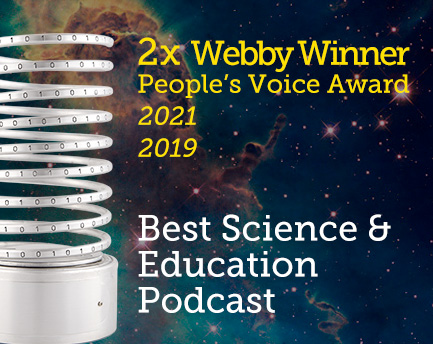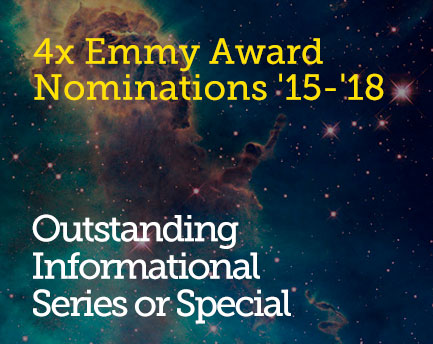About This Episode
What does it take to be an astronaut? On this episode of StarTalk: Sports Edition, Neil deGrasse Tyson and co-hosts Gary O’Reilly and Chuck Nice break down the physical effects of being in space and the results of the astronaut twins study with guests astronaut Scott Kelly and biophysicist Chris Mason.
We dive into the training and tests astronauts have to go through for the selection process with Scott Kelly. How does your body feel when it’s in space? What changes? How does it feel to be up there for a year? We explore the logistics of the astronaut twins study that compared Scott Kelly’s time in space with his twin brother Senator Mark Kelly’s identical time here on Earth. Discover how Scott’s genome changed in comparison to his brother’s and what he has in common with Japanese space worms.
Next, we sit down with Chris Mason, the lead doctor on the study, to talk about what they discovered about how earth life reacts to being in zero gravity. What sort of damage happens to our chromosomes in space, if any? Are there downstream generation effects of trauma? How do you construct a study like this? What specifically were they looking for? Find out how much data was collected, the microbiome of the International Space Station, and how they did gene sequencing space. What were some of the results of the study? Could humans be engineered to be better equipped for long-term space travel?
You’ll learn what COVID-19 patients have in common with astronauts returning to Earth and what effects returning to 1G has on the body. Will space travel ever be comfortable for humans? In 500 years are we going to look back on our discoveries from now as being a bit basic? All that, plus we discuss extinction and our duty as humans to combat it, the ethics of generational spaceships, and the concept of storing fertilized eggs on the moon.
Check out Scott Kelly’s book Endurance: A Year in Space, A Lifetime of Discovery and Chris Mason’s book The Next 500 Years.
Thanks to our Patrons Jamie Ferns, evan stegall, Payton Hawk, Farid El Nasire, Steve Lindauer, Austin Lawrence, Cory Farnum, Nathan Mills, Trumpet Wom’, and Noah for supporting us this week.
NOTE: StarTalk+ Patrons can watch or listen to this entire episode commercial-free.
About the prints that flank Neil in this video:
“Black Swan” & “White Swan” limited edition serigraph prints by Coast Salish artist Jane Kwatleematt Marston. For more information about this artist and her work, visit Inuit Gallery of Vancouver.


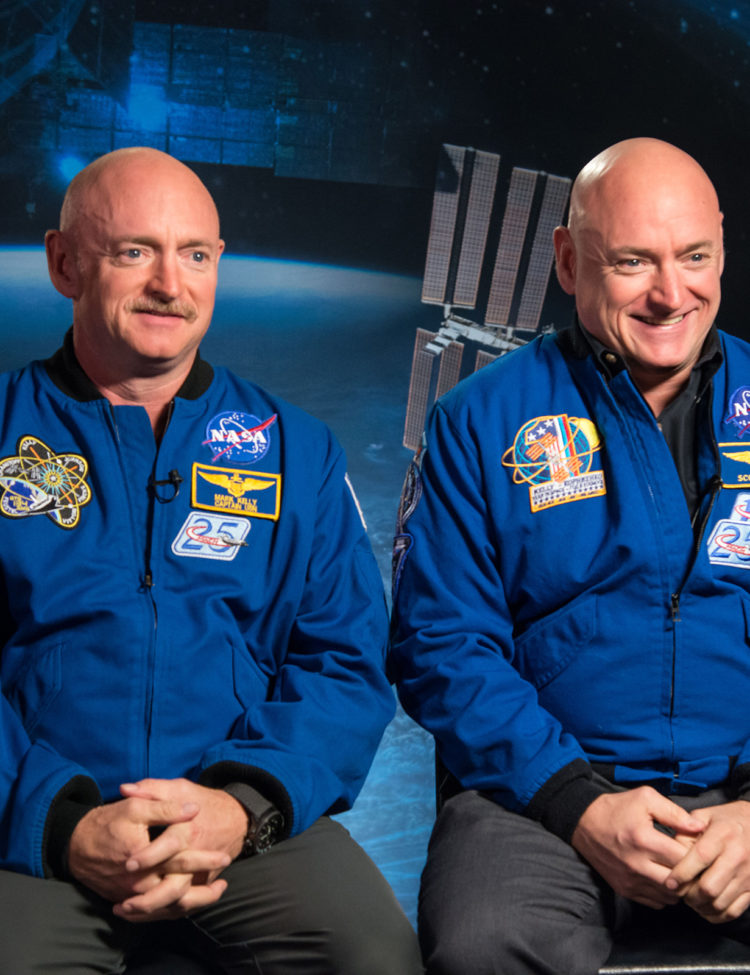
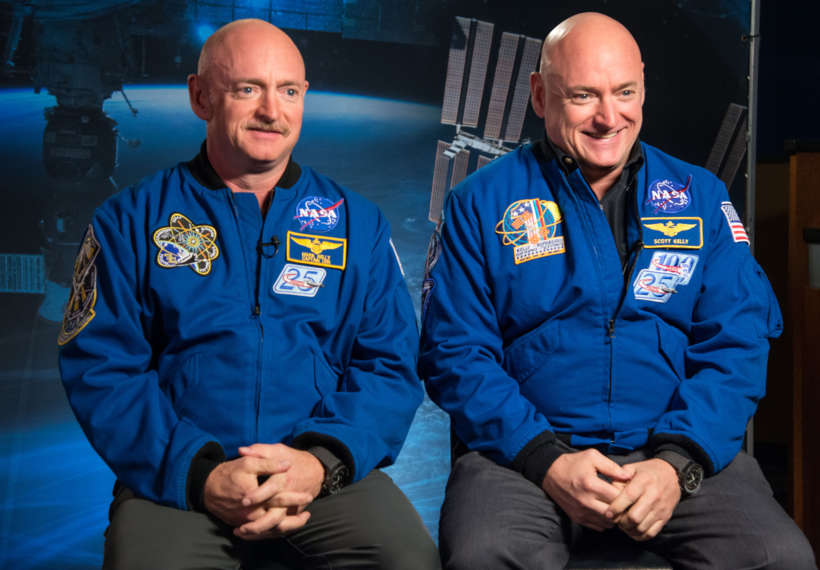
 Unlock with Patreon
Unlock with Patreon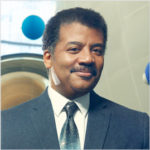
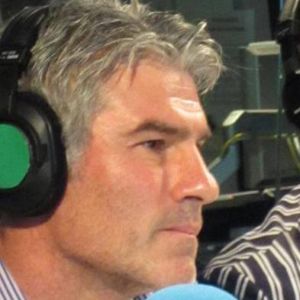
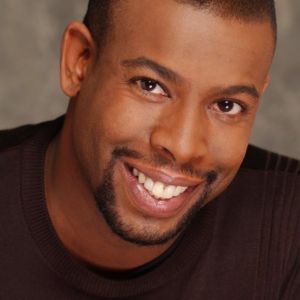
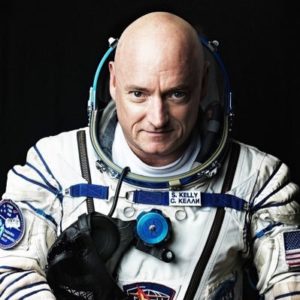
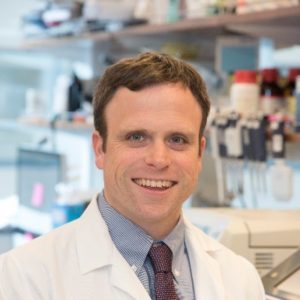
 Become a Patron
Become a Patron
